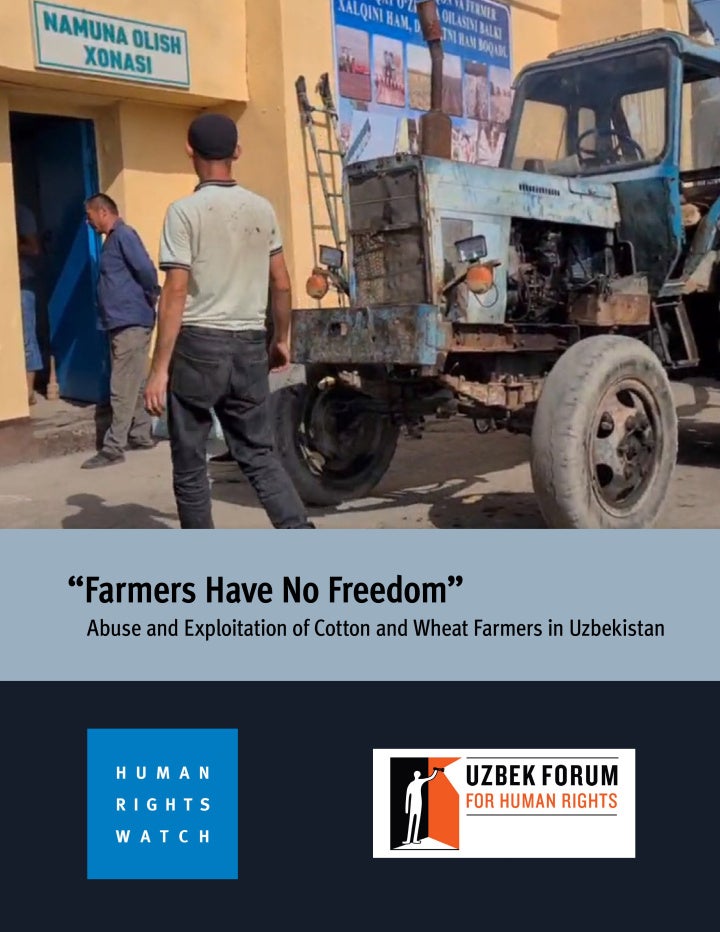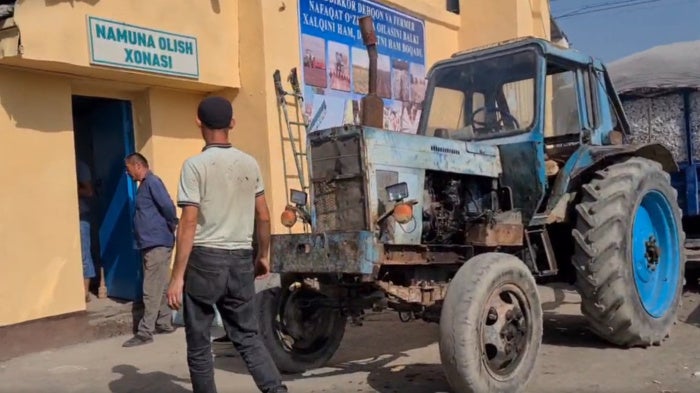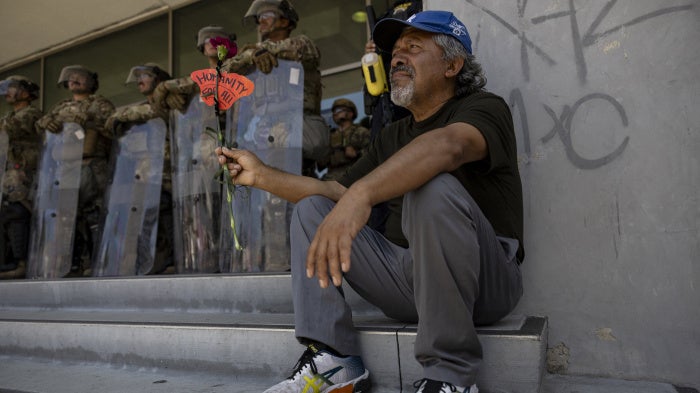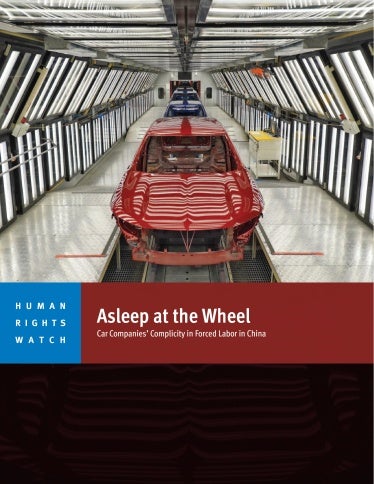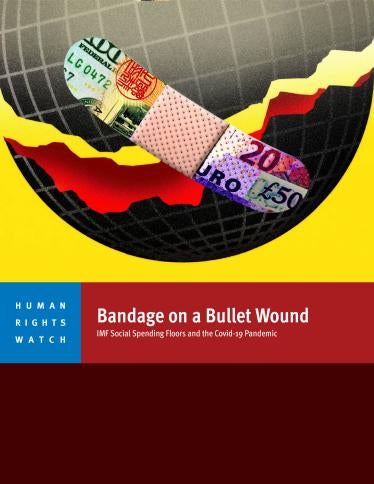“Farmers Have No Freedom”
Abuse and Exploitation of Cotton and Wheat Farmers in Uzbekistan
The 85-page report, “Farmers Have no Freedom: Abuse and Exploitation of Cotton and Wheat Farmers in Uzbekistan,” documents abusive conditions under which these farmers work, including mandatory quotas for crops on land they lease from the government, to be sold at centralized set prices, enforced through penalties for not meeting the quotas, even though required yields may not be achievable. Authorities use threats and violence against farmers who do not meet the quotas, and penalties may include seizing the land. Farmers face non- or late payments by cotton-textile and wheat companies, while authorities have failed to enforce court orders compelling the companies to pay.
